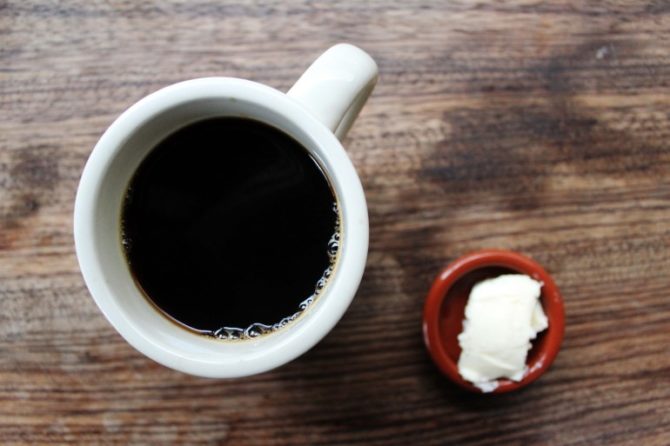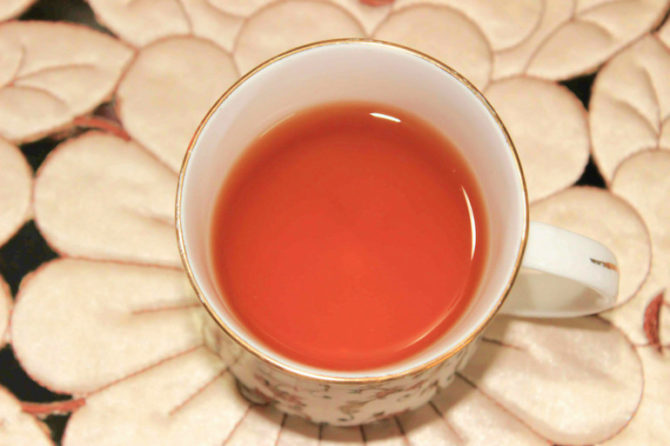With 54% of legal adults drinking coffee daily in the U.S., it’s no wonder there’s so much interest in the health benefits and risks of caffeine. In 1991, the World Health Organization considered coffee as a possible carcinogen, but after multiple studies, the organization recently concluded that there was no sufficient evidence of this fact. All you coffee drinkers can take a deep sigh of relief now, unless you’re used to drinking really hot coffee – or really hot anything.

Photo by Julia Liang
This article in sci-news explains that this is more of a concern in continents like South America and Asia rather than in North America and Europe. North Americans and Europeans often add milk, cream or sugar to their coffee which substantially lowers the temperature of the coffee to around 60°C, but people in Asia and South America usually take their teas around 66°C to 100°C.

Photo by Sabhyata Badhwar
Research done in these regions has shown that hot coffee, tea or any beverage at 65°C or higher could increase the risk of esophageal cancer, which is one of the most common cancers worldwide. It’s a little scary, right? Drinking a scalding drink once or twice may not have a carcinogenic effect, but constant exposure to thermal irritation in the esophagus can expose esophageal cells to other harmful substances.

Photo courtesy of fox2now.com
Although many of studies have been done, the research is still ongoing and there’s a lot more to be found on the matter. Luckily, the solution requires no fancy treatment or procedure and is just about patience. The next time you order a hot coffee or black tea, just wait a couple minutes before drinking it, you’ll still get your drink.


